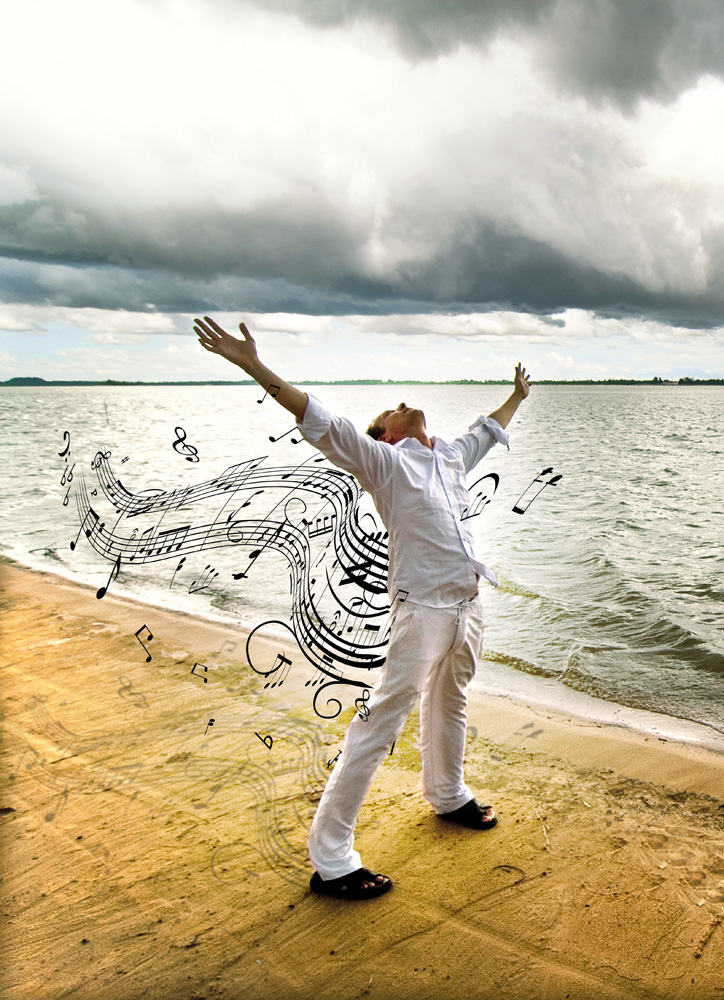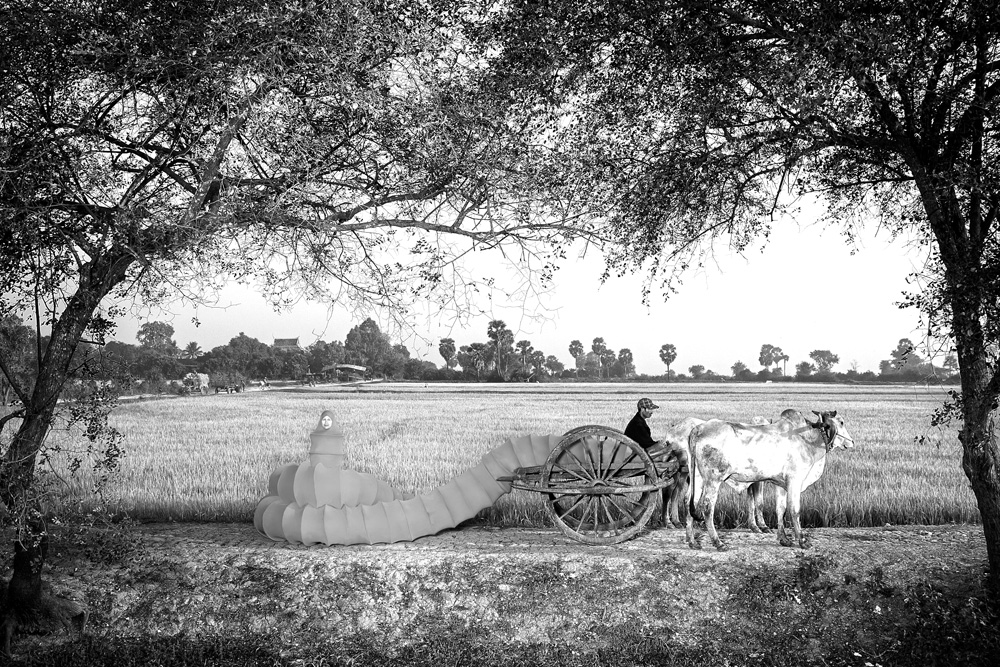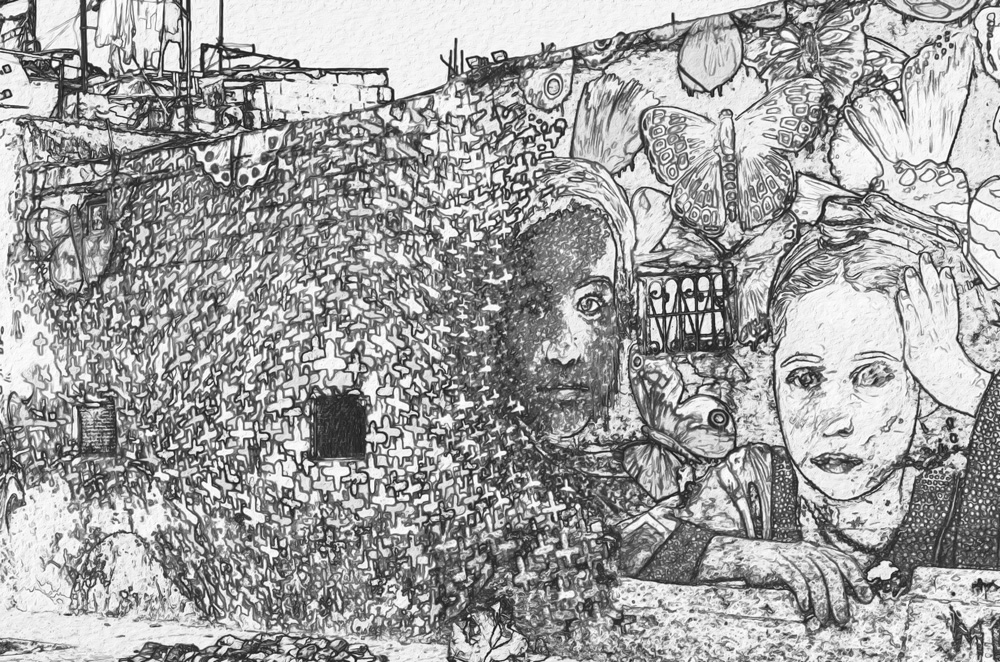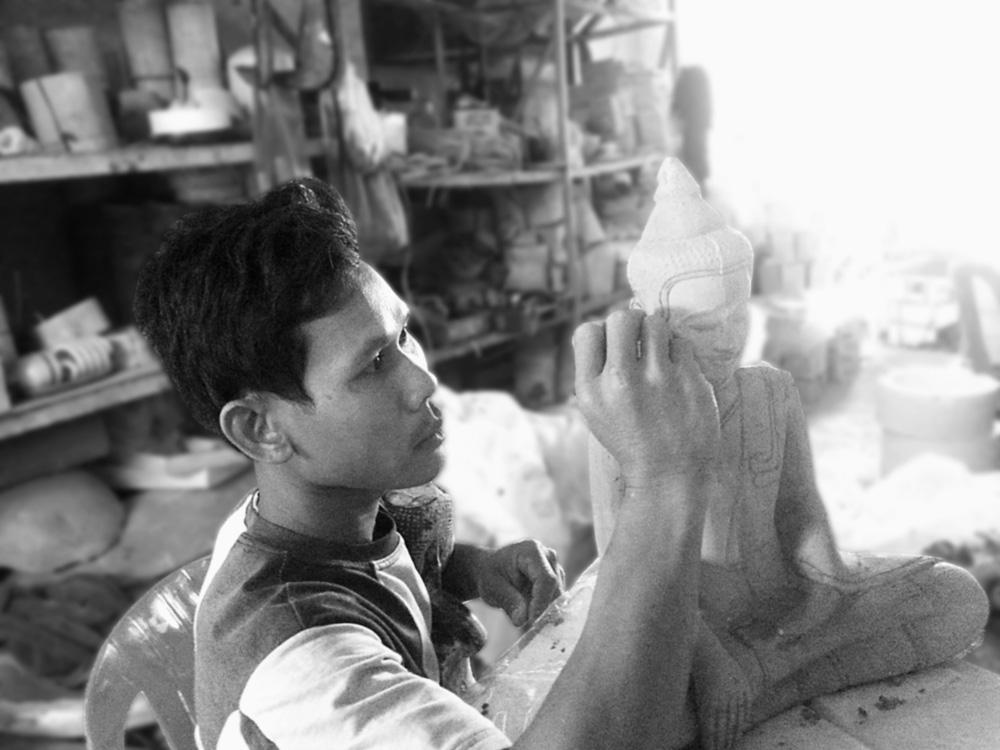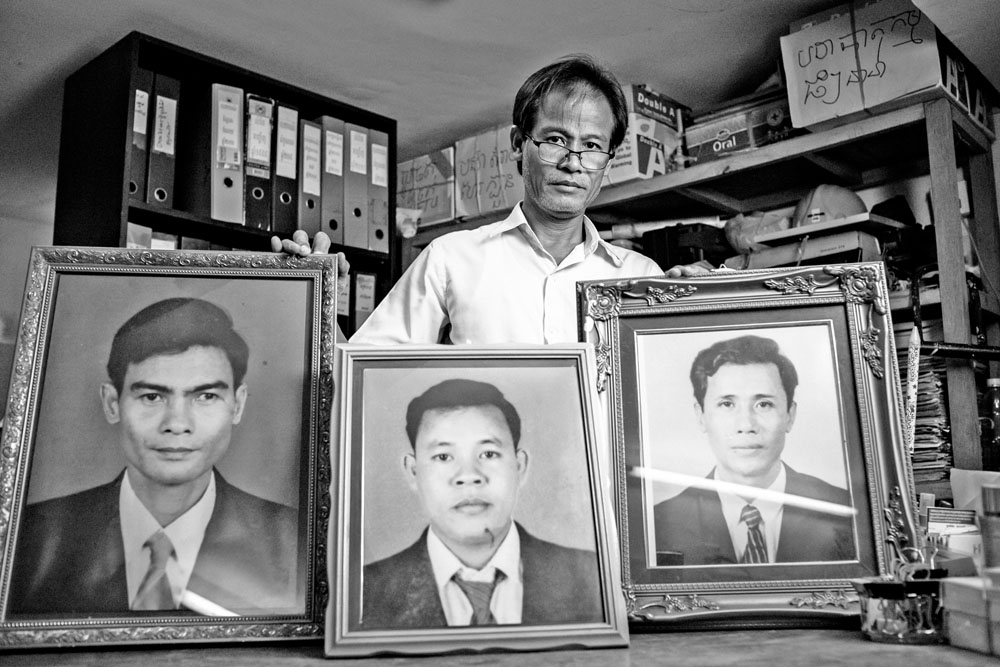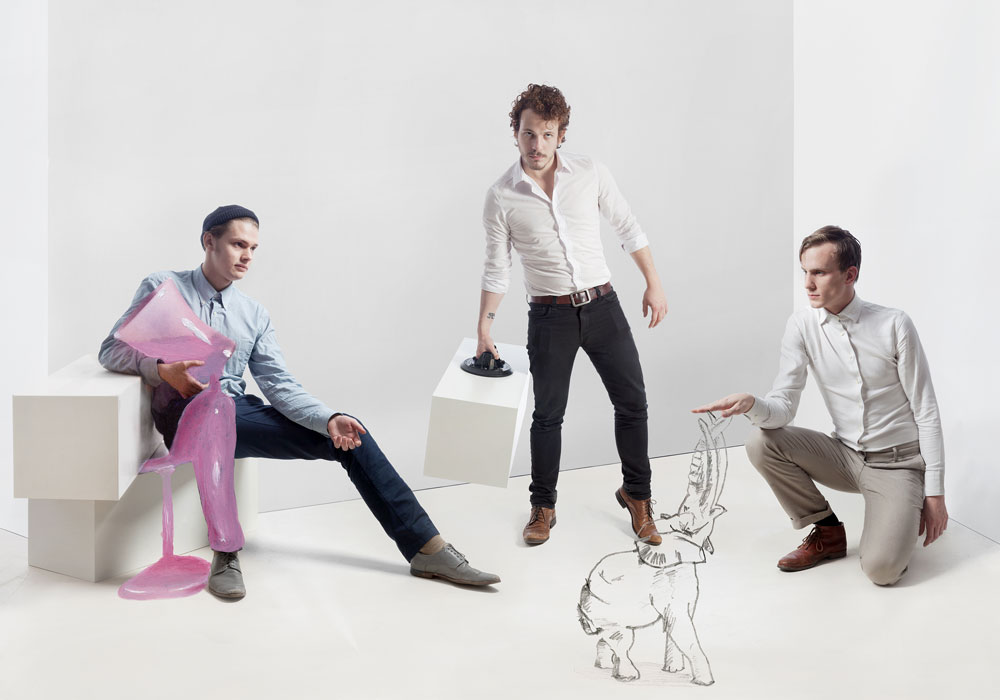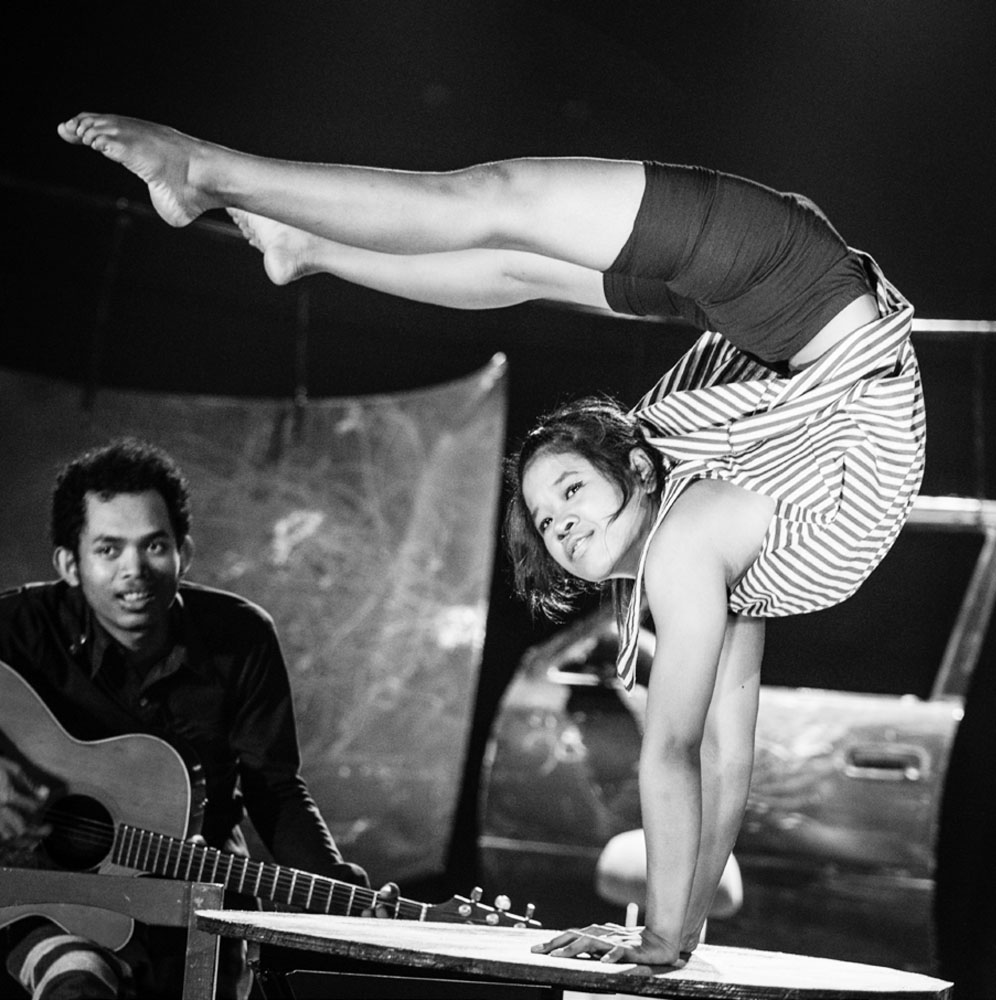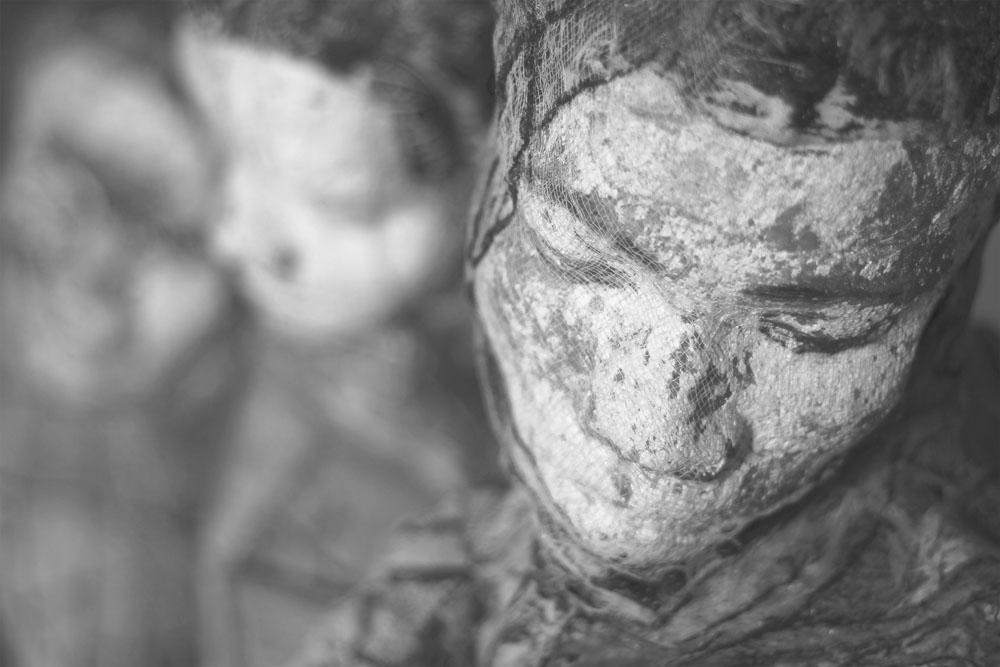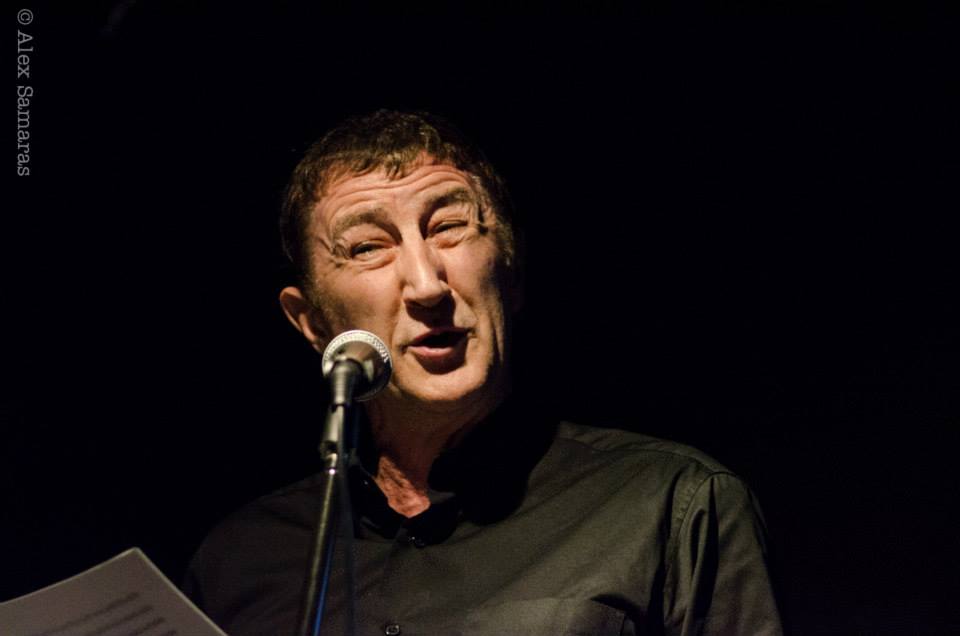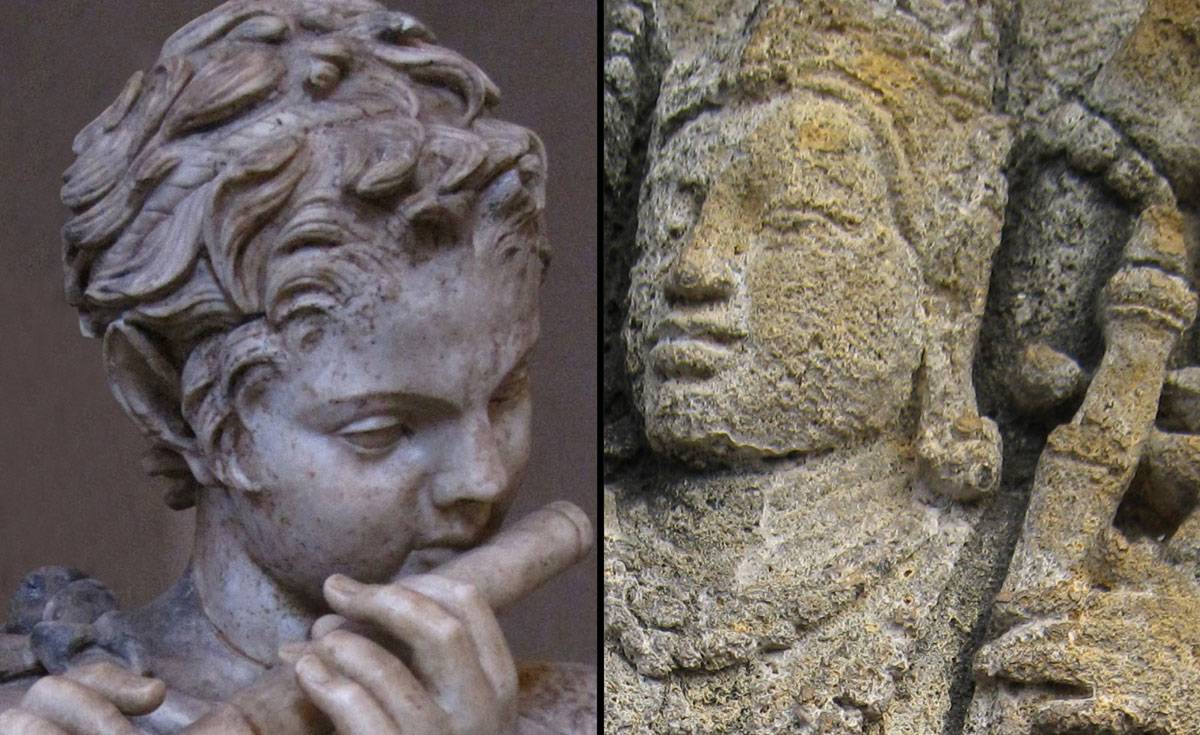The sonic vibrations of the tro rise and fall like the chests of entwined lovers. Strings sigh wistfully, their longing exhalations floating like warm breath on the air. Time slows, the atmosphere thickening into an insulating blanket of impossibly soft sound. Tiny eddies stir slowly in vast lakes of lilies, warm tropical water seeping between the toes of giggling children fishing for a free meal. Speed no longer exists. Tensions dissolve. Pressure is a quaint notion from the past.
Such are the extraordinary time-bending properties of Asian Flow, an exquisite new album by Norwegian pianist Ingolv Haaland that features Master Kong Nay’s protégé, the much-vaunted Cambodian vocalist and chapei player Ouch Savy, who has worked, among others, with both Dengue Fever and Peter Gabriel. Between them, this Scandinavian 41-year-old and Savy, 27, have created a work of exceptional beauty tinged with the inescapable sense of melancholy still so inherent to this part of this world.
Haaland, assistant professor at the Department of Popular Music at Norway’s University of Agder, once spent a year living in Siem Reap, where he recorded his previous solo album, Journey, an exercise in electronic chill-out (also with Savy). The pianist/composer’s move into solo work has been a bold one: this blue-eyed, softly spoken, quick-to-laugh Scandinavian spent more than 20 years freelancing, including stints at the Norwegian X Factor. “The flow of society throughout Southeast Asia is something that I find very soothing, and I hope you can hear that in these compositions,” he writes in the new album’s liner notes.
Asian Flow – six tracks featuring Savy, an accomplished performer in both a yai and mohaori, plus two bonus tracks featuring Scandinavian vocalists – weaves European jazz traditions together seamlessly with ancient Khmer vocal styles. The Advisor meets the album’s Norwegian composer to talk sonic transcontinental studies in the elasticity of Cambodian time.
THE INTERVIEW
You must be thrilled.
Yes and no, but that’s just part of being a perfectionist. You always want to do more, but at some point you have to finish it and four years is more than enough.
Your voyage into Cambodia started almost nine years ago in Siem Reap, followed in 2009 with the album Journey.
Journey was the first mall step towards my own sound. I’d been doing freelance work for different artists for 20 years. As a musician, I was always in the background, so taking that extra step took an awful lot of effort. It’s really easy to hide behind a vocalist. I can do any style and I have a really diverse background; in Norway, you can’t just specialise in one area.
You know ‘journey’ is quite a used-up word. Everyone asks why I called it that. It was a three-part journey: an inner journey, towards stepping up and saying ‘Hey, I want to do something!’ This new album is more composed than Journey; you can find some angles I was following. Journey was more electronic; you either love it or hate it. When I was living in Siem Reap, I was very close to Angkor Wat. I would dirt bike around the temples; it was really soothing. It’s all part of an impression I got and every time I go back, I feel at ease; I feel soothed. There’s a quality there that’s difficult to define and I’ve tried to sum it up with Asian Flow. Maybe it’s Buddhism. Here, I just have to relax because I can’t stick to my normal schedule; it’s not possible in Cambodia!
The vocals and Asian violin were recorded here and I recorded the symphony orchestra in Eastern Europe. They were great; they mostly record scores for Hollywood productions, people like Hans Zimmer and A-ha. It starts off as little pieces: I have an idea on the piano then Savy writes some lyrics. She writes in her own way; I wanted her to have complete freedom on that. It took three months to write the score, plus I produce everything myself.
From the shadows, you’ve emerged to take on almost every role in producing an album.
It wasn’t meant to be like that. Two things: I like to learn new stuff, and I like to be good at it. Also, being a perfectionist, I find it difficult to delegate, and when it’s all in my head, I can’t delegate: other people can’t read my mind. This album is, in effect, my mind and according to my mum, she said she could hear my personality in the music. Next year, I’m doing a big concert in Norway and taking Savy and also some Arabic musicians.
You’re currently studying for a PhD in rhythmic music with focus areas in Southeast Asia and the Middle East. How did you decide on these destinations?
I hadn’t travelled abroad a lot before I came to Cambodia sort of by accident. I spent my first few years here as a housewife, which gave me the time at home to open up to what I wanted to do musically. It’s taken thousands of hours to develop it. Do I want to only reproduce the music of others or do I dare step up and be creative? I think it’s difficult to describe my music because I borrow sounds: pop, jazz, classical. It’s hard to put a label on it because I feel it’s me.
And who are you, Ingolv Haaland? Give me the Hollywood pitch: 25 words or less.
Um… a freelance musician and composer who’s on my way to – is that 25 words yet? – develop my own sound and with the Arabic part next year, I’ve just had great news: a really famous Arabic singer is going to perform with us, but I cannot say who, although she’s as good in traditional Arabic as Savy is in traditional Khmer. Cambodians are open to our music. There’s room here for more than karaoke and K-Pop, like the young punk/metal band, Cartoon Emo, who opened for Dengue Fever when they played on Diamond Island.
How did you and Ouch Savy, Master Kong Nay’s protégé, who’s also performed with Dengue Fever, first find each other?
I was in search of a good vocalist and through Cambodian Living Arts I got some recommendations. We did a recording session and it was so easy! Savy’s so good at any standard: she’s a musician and a vocalist. Of course it was new for her; she had done some things with Peter Gabriel the year before, but it was a challenge to write her own lyrics to my musical style. She’s so effective and has razor-sharp intonation. It’s very rare for a vocalist.
And Savy writes her own lyrics?
She does explain the lyrics to me then I get a Khmer translator to translate them. That way, you can piece together the parts. You get the 50% not lost in translation and somehow work with it. Savy’s young and many of her songs are very poetic, related to love. The song No More Tears is pretty serious: it’s about a woman who has lost, had a broken heart, and moved on. Perhaps in the European sense, Savy has a feminist approach.
Where exactly do you write when you’re here in Cambodia?
I keep a keyboard in a small apartment overlooking Phnom Penh, but it’s hard to say when you get inspired. It’s all about emotions and when they kick in. How do we know? You analyse yourself, why you’re doing it, because you can never be satisfied. It takes three hours just to get into the train of thought.
I came here quite by accident, but that’s since evolved into an appreciation of Cambodian music – along with Arabic music. The two have something in common: they’re both melancholic. In Arabic you have something called maqam, which is a certain scale they use. There’s a certain feeling you get when you’re in a concert and it’s just… ‘Wow!’ Arabic music just hit me, but not just that; I like old Aramaic stuff as well. I’m working with one of the best universities in Arabia and they have a music department that’s ancient. They’re working with the Muslim Council, with all sorts of religious agencies; they’re really open-minded. Contrary to what the Western press says, there’s a lot of creative work being done there.
I try to learn about the heritage of the music I’m working with. I’ll never grasp it fully because I’m not native, but when I approach a new culture I at least want to do it with respect, rather than just put something on top of it, like some American bands have done. They put a melody on a tro and call it ‘fusion’. There are more challenging things to do. I try to use my knowledge to give something back: Savy’s going to Norway to perform next year.
Is your music a natural fit with traditional Khmer vocals?
We experimented with some of the high-pitched stuff, but it wasn’t quite right. I feel that when you talk with someone, you do it more softly – use an ‘indoor voice’. I wanted to hear that, try to incorporate that into the music. Savy’s good at that. She also uses air in her voice, as with the first song, Remembrance.
What did you have in mind while you were composing the piece?
I have a grand piano at home. When you sit and play, you get fragments coming to you which you can then piece together, but it can be difficult when you’re very close to it. Someone else can walk in and say: ‘Hey, why don’t you put these two pieces together?’ but it might take me months to figure that out alone.
Tell me about your involvement with Music Without Borders.
It’s a three-year research project I’m doing on traditional music in the valleys of Norway, which is quite special because back in the day, they couldn’t travel; they couldn’t get up and over the mountains. Everything is connected somehow, but it’s more autonomous. The lyricists are all describing what might lie beyond the mountains, because no one really knows!
If you were to perform live here, where would it be?
Angkor Wat. It wouldn’t be easy, but there are now lots of local bands who are good enough to play there: Tiny Toones, Klap Ya Handz, Dub Addiction, Wat A Gwaan… It adds to the variety; it doesn’t have to be all about Apasaras. I was just talking to John Pirozzi, who made the recent Khmer rock ‘n’ roll film Don’t Think I’ve Forgotten, about the same thing. There’s a lot of positive things happening here. If I can bring some of the positive Khmer culture back to Europe, why wouldn’t that be something people would be interested in? Cambodia’s international reputation is still mired by paedophiles, the Khmer Rouge, corruption… There’s so much more to this country than that!
Asian Flow, by Ingolv Haaland and
Ouch Savy, is available now at Monuments Books
